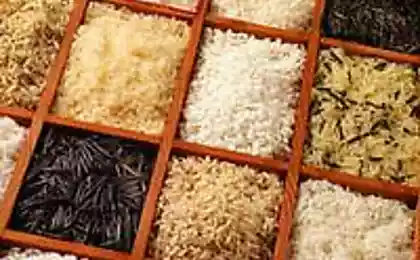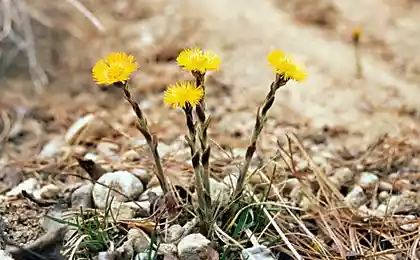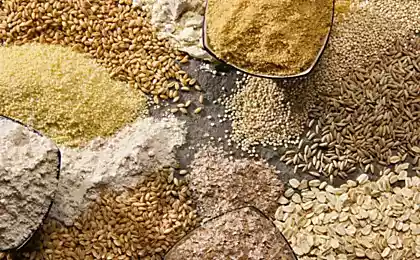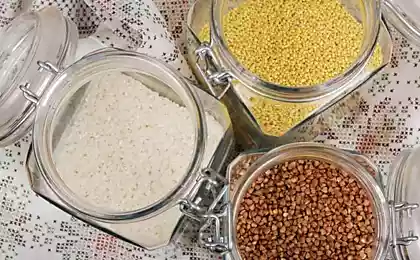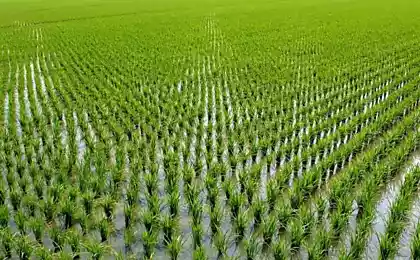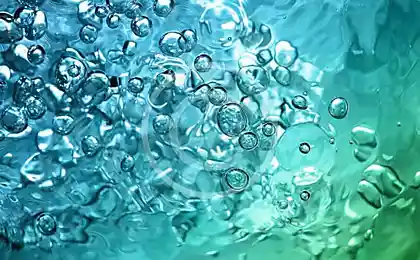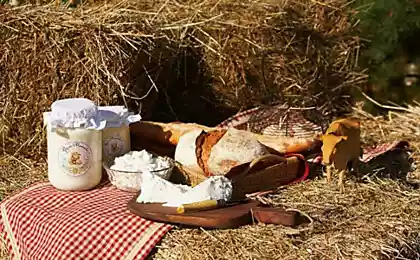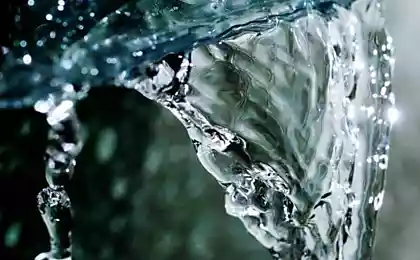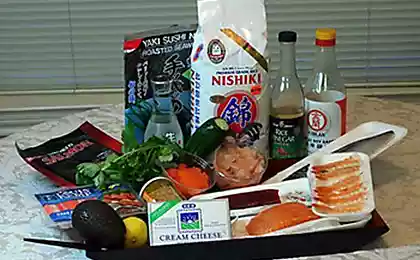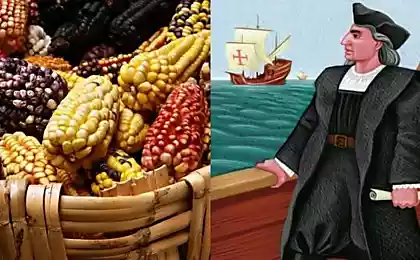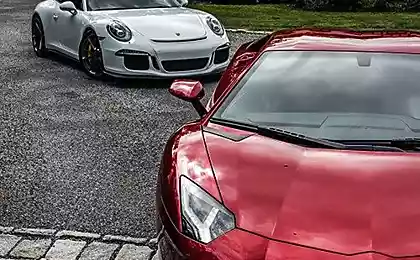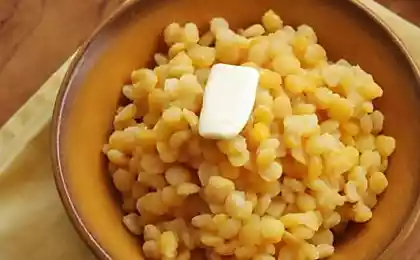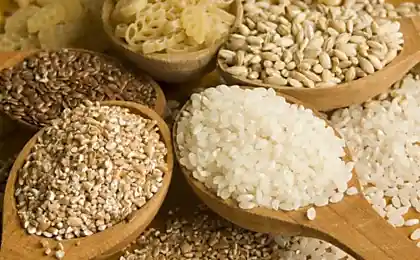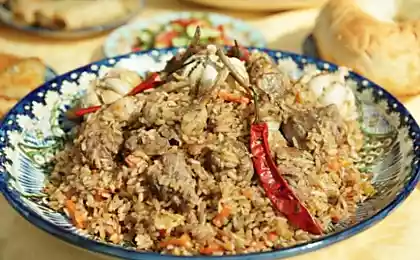264
Rice is not a moisture-loving crop, but why is it grown in water?
Rice prices bite - that's a fact. And I’m not talking about low-grade fast-carbohydrate cereal, but about a really good and high-quality product. However, before complaining about the cost of a product, it is important to answer one simple question. You know how resource-intensive it is. rice-making?

I had no idea what a hell of a job this was! But now I know, and I'm in a hurry to tell you. At the end of this article, I want to tell you again. Why You Should Wash Rice Before Cooking and how to do it.
Rice plantations are striking in their appearance. Some of them consist of many levels, which together looks amazing. However, behind a bright picture is a difficult and painstaking work. This is not the case with tractors and other agricultural machines in the field. People work by hand, sacrificing their health every day for a decent harvest.

Peels Rice has been grown on the planet for over 7,000 years. Just think about that number! During this time, people managed to produce about 8 thousand varieties of this culture. Rice is a staple in the diet of most Southeast Asians. And its production is the basis of the economy of Asian countries.
According to statistics, most rice is grown by the Chinese. The annual crop of cereals is at least 140 million tons. Interestingly, rice production is established not only in Asia, but also in Brazil. Not that much, though. Also, the culture is popular in the States, Australia, Turkey and Russia.
Rice is a unique crop, as it is grown by a torrential method, that is, in water. In this case, the plant is not considered moisture-loving. Flooded fields are more of a trick than a necessity. The fact is that rice plantations like to grow weeds. To eliminate the risk of their occurrence once and for all, the Asians came up with a torrential technology.
This is much more convenient than getting rid of weeds by hand. In addition, harmful chemicals should not be used. Weeds are a really serious problem because they directly affect the crop.
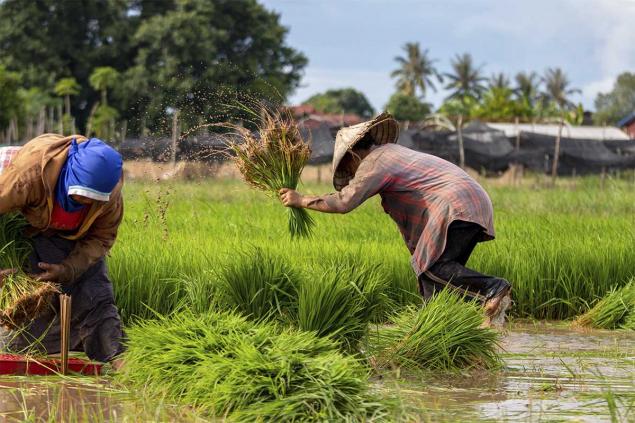
The process of growing rice is very exciting. First, the plant is germinated in special boxes. And then the seedlings are planted on the plantations, and the workers do it manually. Just imagine how long it takes. When there are 2 weeks left before harvest, water is drained from the fields.
In the US, technology is different from Asian technology. There, the fields are immediately sown with seeds using aircraft. Some varieties of rice are grown without flooding the fields. The plant feels normal, but because of weeds, the yield still decreases.
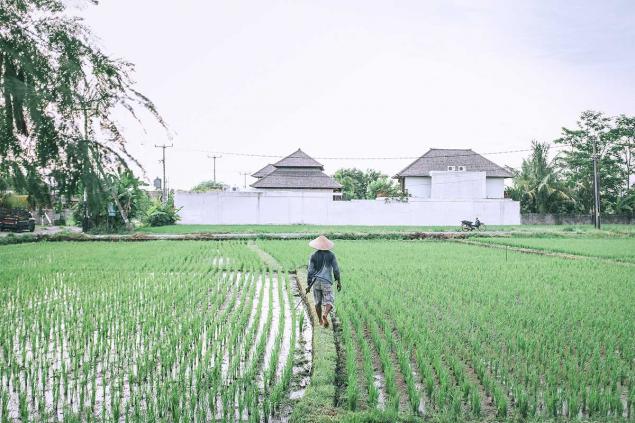
Although torrential rice farming is considered more environmentally friendly, it brings significant harm to nature. This rice production has a significant impact on global warming. There is swamp methanogenesis, as a result of which about 60% of methane is released.
Is it necessary to wash rice before cooking With the production of rice figured out. Now we turn to more pressing issues. Should I wash the rice before cooking? Of course I am. First, you get rid of possible dirt and impurities in the cereal. Secondly, it is necessary that the porridge turned crumbly. The fact is that the cereal contains a large amount of starch. During cooking, it turns into a kleister connecting rice grains.

Despite this, there are dishes before cooking which rice can not be washed. This is a classic risotto or rice casserole. It should be noted that not all rice will stick together after cooking if you do not wash it. It depends on the type of cereal. It also affects whether it is necessary to wash the finished porridge. For example, round or medium-grained rice after cooking is better rinsed in drinking water.
The problem is that washing cereals before cooking does not always help to achieve that crumbness. Then the rice is washed after it has been cooked. However, do not wash the already finished porridge if you cook it in a multicooker. By the way, to make the rice even more crumbly, during cooking, the hostess adds 1-2 teaspoons of vinegar to it.

On how to properly wash rice, as well as other subtleties of preparing this porridge, I advise you to read the article on the link.
Did you know how to grow rice?

I had no idea what a hell of a job this was! But now I know, and I'm in a hurry to tell you. At the end of this article, I want to tell you again. Why You Should Wash Rice Before Cooking and how to do it.
Rice plantations are striking in their appearance. Some of them consist of many levels, which together looks amazing. However, behind a bright picture is a difficult and painstaking work. This is not the case with tractors and other agricultural machines in the field. People work by hand, sacrificing their health every day for a decent harvest.

Peels Rice has been grown on the planet for over 7,000 years. Just think about that number! During this time, people managed to produce about 8 thousand varieties of this culture. Rice is a staple in the diet of most Southeast Asians. And its production is the basis of the economy of Asian countries.
According to statistics, most rice is grown by the Chinese. The annual crop of cereals is at least 140 million tons. Interestingly, rice production is established not only in Asia, but also in Brazil. Not that much, though. Also, the culture is popular in the States, Australia, Turkey and Russia.
Rice is a unique crop, as it is grown by a torrential method, that is, in water. In this case, the plant is not considered moisture-loving. Flooded fields are more of a trick than a necessity. The fact is that rice plantations like to grow weeds. To eliminate the risk of their occurrence once and for all, the Asians came up with a torrential technology.
This is much more convenient than getting rid of weeds by hand. In addition, harmful chemicals should not be used. Weeds are a really serious problem because they directly affect the crop.

The process of growing rice is very exciting. First, the plant is germinated in special boxes. And then the seedlings are planted on the plantations, and the workers do it manually. Just imagine how long it takes. When there are 2 weeks left before harvest, water is drained from the fields.
In the US, technology is different from Asian technology. There, the fields are immediately sown with seeds using aircraft. Some varieties of rice are grown without flooding the fields. The plant feels normal, but because of weeds, the yield still decreases.

Although torrential rice farming is considered more environmentally friendly, it brings significant harm to nature. This rice production has a significant impact on global warming. There is swamp methanogenesis, as a result of which about 60% of methane is released.
Is it necessary to wash rice before cooking With the production of rice figured out. Now we turn to more pressing issues. Should I wash the rice before cooking? Of course I am. First, you get rid of possible dirt and impurities in the cereal. Secondly, it is necessary that the porridge turned crumbly. The fact is that the cereal contains a large amount of starch. During cooking, it turns into a kleister connecting rice grains.

Despite this, there are dishes before cooking which rice can not be washed. This is a classic risotto or rice casserole. It should be noted that not all rice will stick together after cooking if you do not wash it. It depends on the type of cereal. It also affects whether it is necessary to wash the finished porridge. For example, round or medium-grained rice after cooking is better rinsed in drinking water.
The problem is that washing cereals before cooking does not always help to achieve that crumbness. Then the rice is washed after it has been cooked. However, do not wash the already finished porridge if you cook it in a multicooker. By the way, to make the rice even more crumbly, during cooking, the hostess adds 1-2 teaspoons of vinegar to it.

On how to properly wash rice, as well as other subtleties of preparing this porridge, I advise you to read the article on the link.
Did you know how to grow rice?
Mikhail Labkovsky ponders whether you can fall in love with a married man or a married woman
Painful attachment of Pyotr Tchaikovsky and how it affected his work
